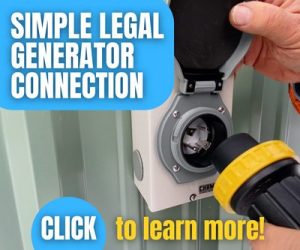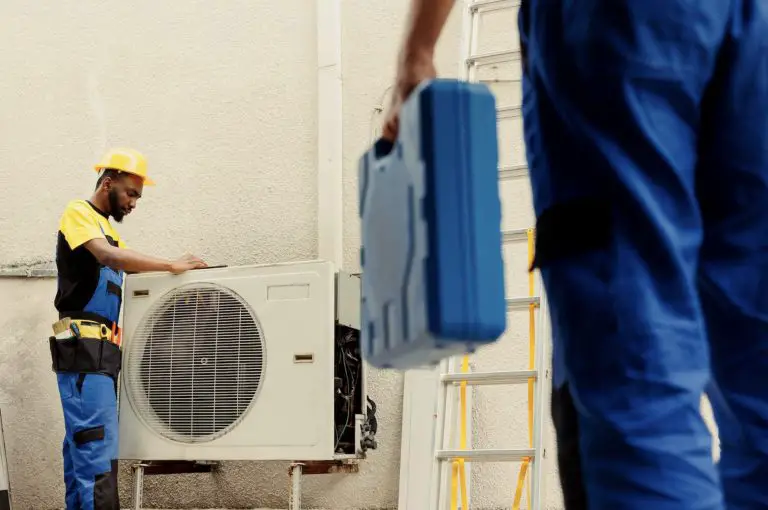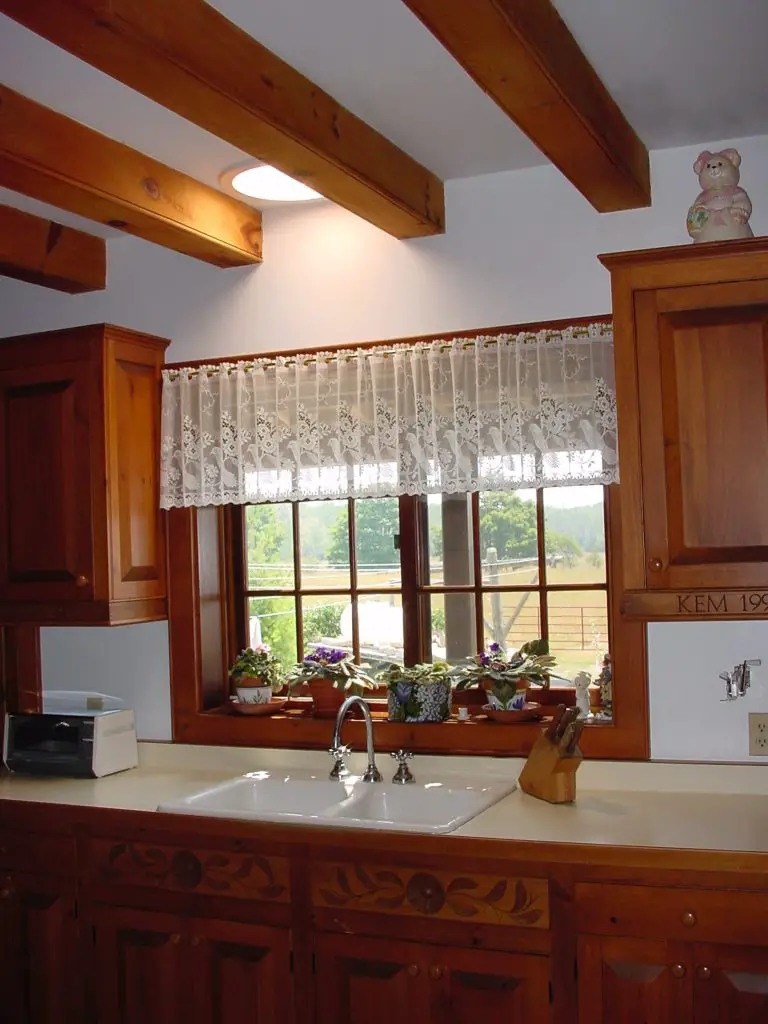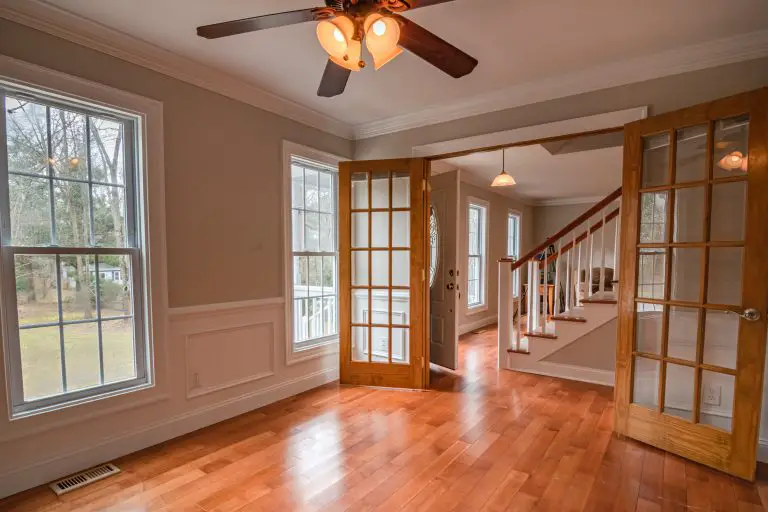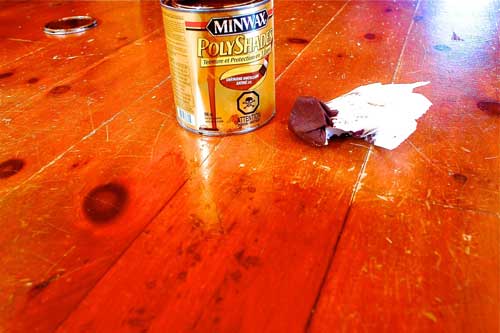
Ensuring the comfort of your home, an HVAC system demands ongoing care. Yet, numerous homeowners struggle to allocate time and resources for consistent AC maintenance. Consequently, HVAC components gradually deteriorate, necessitating eventual replacements or repairs.
That said, you can prolong the lifespan of your HVAC units, in part by following the HVAC preventative maintenance guidelines explained in this article. Here, we present five straightforward DIY HVAC maintenance tips for homeowners, enabling them to sustain the efficiency of their HVAC system over the long haul.
Get Professional HVAC Servicing
While DIY maintenance may be straightforward, scheduling professional HVAC servicing annually or biannually is vital. This practice guarantees optimal system functionality, swift issue resolution, and long-term cost savings. Regular servicing also ensures the use of updated components and peak performance.
Engaging professionals for servicing provides top-tier service and avoids potential risks to your property and health associated with neglected maintenance. You can also get furnace repair and maintenance services to ensure your heating system runs efficiently during cold seasons.
Replace the Air Filter
The air filter can experience blockages over time, particularly in dusty environments. It gathers dust, debris, and particles that require attention. Daily accumulation of these particles may cause the air conditioner to operate more strenuously, leading to increased energy consumption and a higher risk of malfunctions. Maintaining a regular air filter replacement or cleaning schedule alleviates the HVAC system’s workload.
As a general practice, it is advised to examine and possibly replace your home’s heating and cooling system filters according to the schedule offered by the manufacturer. For those in in dusty areas, more frequent cleaning is recommended. Making this filter maintenance task a routine part of your overall upkeep plan is crucial.
Adjust Your HVAC Unit to the Ideal Temperature Setting
Personal comfort plays a significant role in setting the thermostat. However, most systems operate optimally at a specific temperature to ensure efficient energy usage. Referencing the owner’s manual or consulting a service technician can help determine this energy-efficient temperature. Minimize frequent temperature fluctuations, as they can strain the HVAC unit, reducing its efficiency.
Cleaning the Condenser
The outdoor air conditioning unit contains a coil arrangement known as the condenser. A fan moves air over these coils, removing heat from the refrigerant, facilitating its return to a liquid state. This liquid is then circulated back indoors to restart the cycle. If the outside of the condenser is clogged with dust, the refrigerant retains heat, reducing air conditioning efficiency, leading to more electricity consumed and less cool air delivered.
Secure Your Residence Against Drafts
The typical person tends to consider preventing air infiltration mainly in colder months, overlooking this aspect in the summer. Any air leakage within the house can diminish the HVAC system’s efficiency, leading to the loss of both heating and cooling capacity.
For optimal results, keep doors and windows closed in seasons where your HVAC system is operating. Installing weather strips, especially on doors, can prevent cold air from escaping. Upgrading to newer, energy-efficient windows is also advisable to prevent unnecessary cooling and heating loss.
Endnote
Over time, energy efficiency of HVAC systems starts to decline, leading to more frequent repairs. When you observe that your old system is no longer as dependable as before, don’t wait until it fails on a scorching day, freezing night, or during your absence on a trip. Be proactive and replace your HVAC system on your terms.



